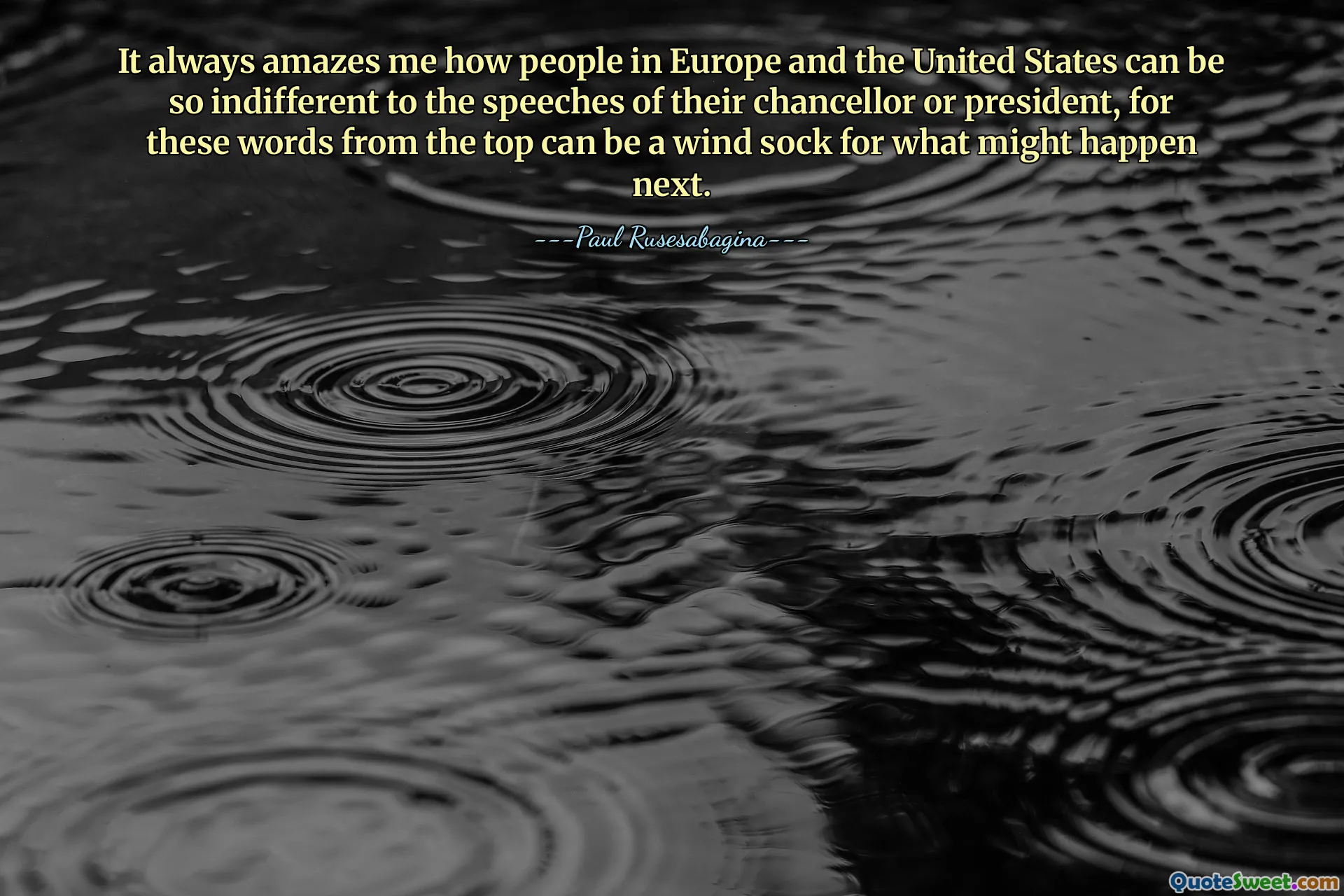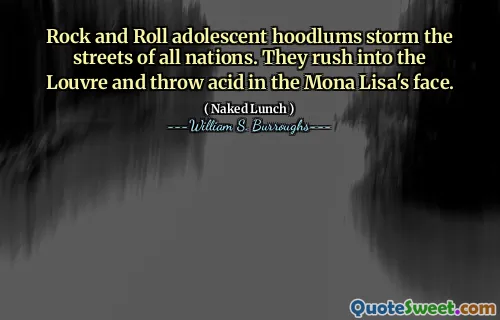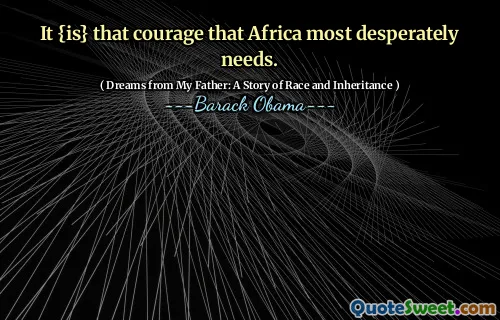
It always amazes me how people in Europe and the United States can be so indifferent to the speeches of their chancellor or president, for these words from the top can be a wind sock for what might happen next.
This quote underscores the often overlooked significance of political discourse and leadership communication in shaping societal and governmental outcomes. People's apparent indifference to speeches by top officials might seem superficial at first glance, but it can be indicative of a deeper disconnect between leadership and the public. Leaders’ words hold considerable weight—they serve as weather vanes, signaling the political climate and potential shifts in policy, ideology, or stability. When citizens pay little attention to these speeches, they risk missing subtle changes in tone or priorities that could lead to significant consequences. From a societal perspective, engagement with political discourse fosters informed citizenship, which is critical for democracy to thrive. When this engagement diminishes, it can become perilous, as decisions made and directions taken behind closed doors may go unnoticed until a crisis emerges. Moreover, the metaphor of the speech as a wind sock conveys the importance of leadership signals—they are unambiguous in indicating upcoming changes or turbulence. In this context, leadership communication is not just about transmitting information but about alerting the populace to evolving circumstances. In modern democracies, awareness and vigilance are key to responsiveness and resilience. It reminds us that leadership is not merely about delivering speeches but about ensuring those speeches are heard, understood, and interpreted effectively by the people they serve. Such attentiveness can be the difference between cautious preparation and unanticipated upheaval, emphasizing the ongoing need for public engagement in political discourse.










